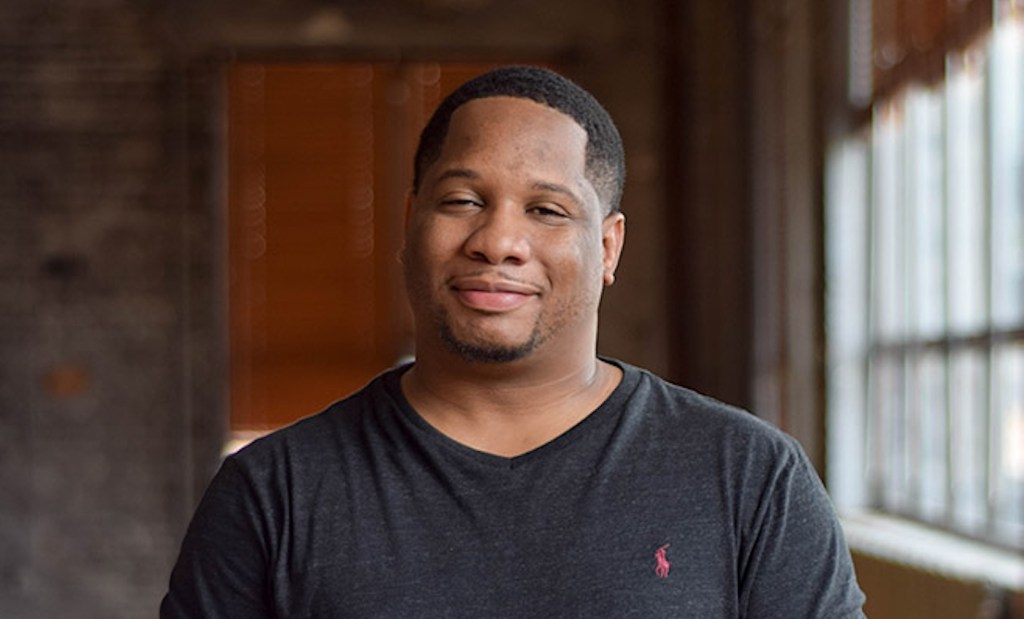By Dayvon Love
Special to the AFRO

What is on the table during the 2024 Maryland General Assembly? To be clear– it is not whether a young person should be punished for committing heinous violent crimes. None of the legitimate advocates on juvenile justice issues believe that a young person should not be held accountable for the impact of their actions.
What is on the table in the 2024 Maryland General Assembly is whether or not the ability to divert young people who are better served outside of the juvenile justice system should be curtailed.
Sinclair Broadcasting and Fox 45 have engaged in a fairly explicit propaganda campaign to roll back specific juvenile justice laws in Maryland. Their claim is that the spike in criminal activity by young people is the result of juvenile justice reforms from 2022. This increase in crime committed by young people– especially auto theft related crimes– has spiked around the entire country during the same period. But Sinclair and Fox 45 have been able to put out messaging every day to amplify the worst stories of violence and crime committed by young people.
This creates a context where people are indoctrinated to believe that the juvenile justice reforms from 2022 make it impossible to hold young people accountable for those extreme examples of violence. The reality is that law enforcement has all of the laws it needs to impose consequences on young people who commit heinous acts. The issue is not the juvenile justice reform laws, the problem is that the systems tasked with serving our young people are frayed from years of disinvestment.
What legislative leadership in Annapolis is proposing is a bill that expands crimes that are alleged to be committed by a young person, that requires them to be in contact with the system. If a young person is alleged to have had a gun, the leadership bill requires that young person to be committed to the Department of Juvenile Services. In the current system, social workers, community partners and other relevant agencies could make an assessment that the young person is not a threat to their community and decide not to process them. What opponents of the leadership bill take issue with is that it mostly eliminates the ability to provide space for these kinds of interventions when necessary. The proposed bill essentially eliminates the potential for meaningful diversion from the system.
For example, this bill creates a situation where a young person who carries a gun for protection is automatically considered a “bad kid” and is put in contact with the system. Again, this does not preclude that young person from facing consequences, but this kind of pre-system assessment of the circumstances allows folks to ensure that the course of action is guided by what is best for the young person and their family, and not based on a societal fear that the youth is inherently violent and dangerous. Furthermore, this bill requires that young people that have formal or informal contact with the system, in many cases, must forward the information about the case to the State’s Attorney. This is problematic because this opens up a young person to more opportunities to be prosecuted– in spite of whatever diversion arrangement is established that best suits the child and the community.
Ultimately, this bill widens the net that will draw more young people into the criminal justice system. These policies demonstrate an alignment with the weaponization of the criminal justice system against the humanity of Black youth.
Again, what is not on the table is whether or not young people who commit heinous crimes should be held accountable. Law enforcement and prosecutors have plenty of instruments in the law that can be used to levy consequences to those who harm people in the community.
What is being proposed is to nearly eliminate the ability to divert young people from the system who are not the killers and thugs that certain, traditionally White media corporations project every day in the media. For every highly visible story of a violent crime by a young person, there are so many more stories of young people whose lives are irreparably harmed by their contact with the criminal justice system that will not be aired on television.
Black youth are disposable in a way that proves the fact that this society is structured on the system of white supremacy. It is disappointing that Democrats in Maryland demonstrate that when it comes to Black children, that they have allowed themselves to be susceptible to Fox 45 and Sinclair Broadcasting propaganda. And too many people in our community are willing to undeservingly bury many Black kids under the criminal justice system in order to go after the handful that intend to cause havoc.
If we really care about Black youth, let’s invest in the resources they need to navigate this toxic, White supremacist society, and hold the systems accountable that have failed them.
The post A look at the juvenile justice policy proposed in Maryland legislature appeared first on AFRO American Newspapers.











